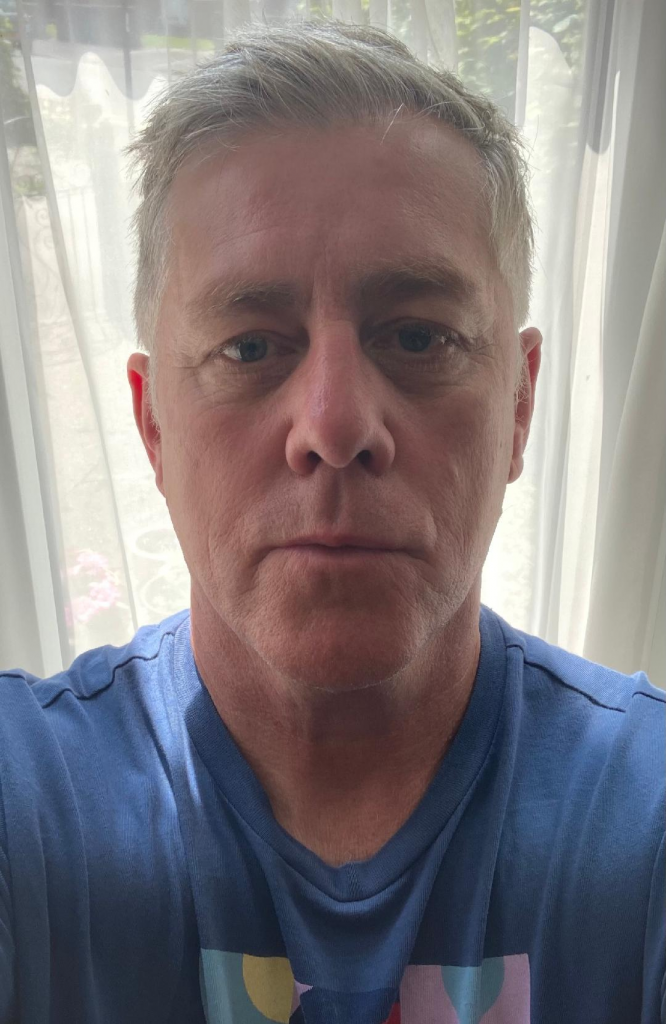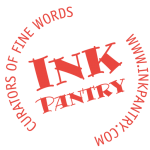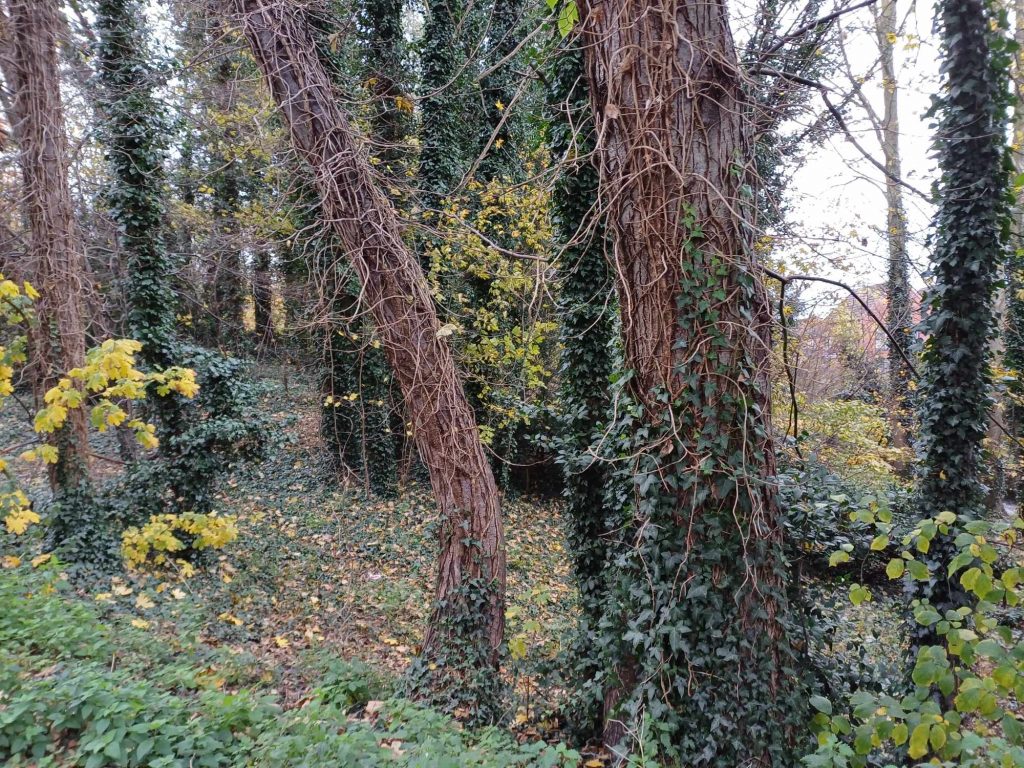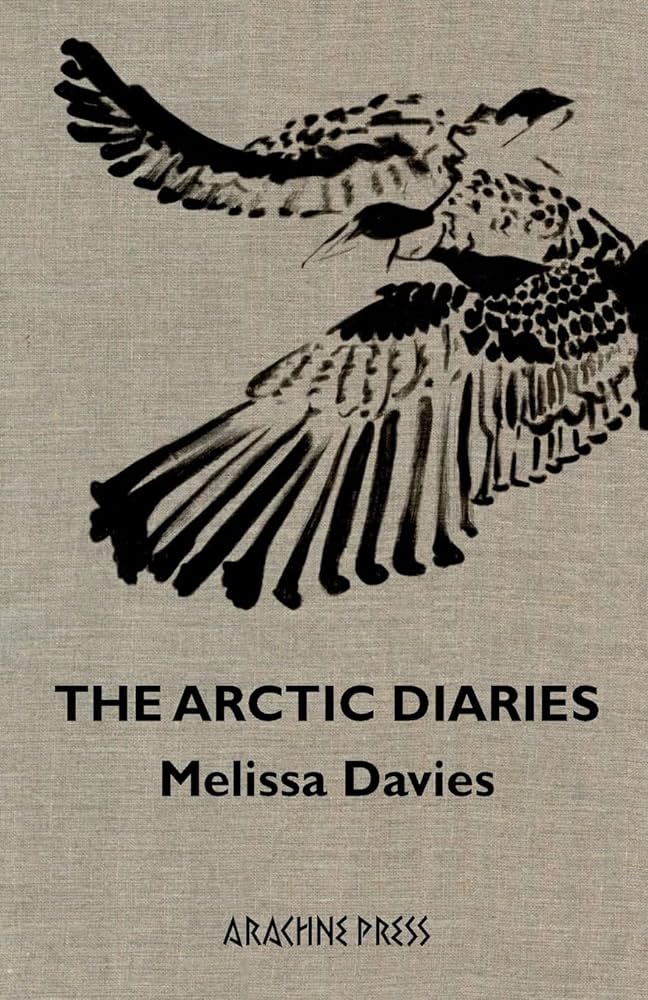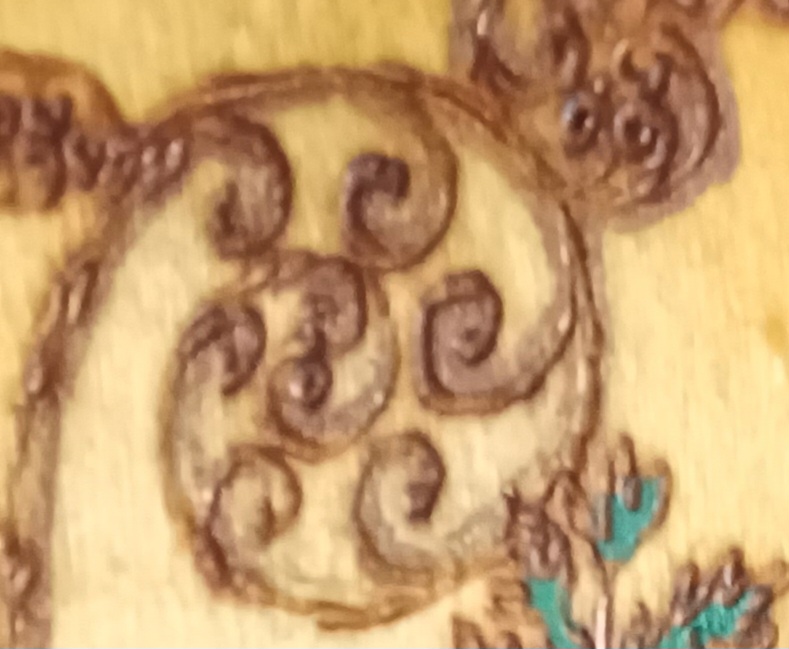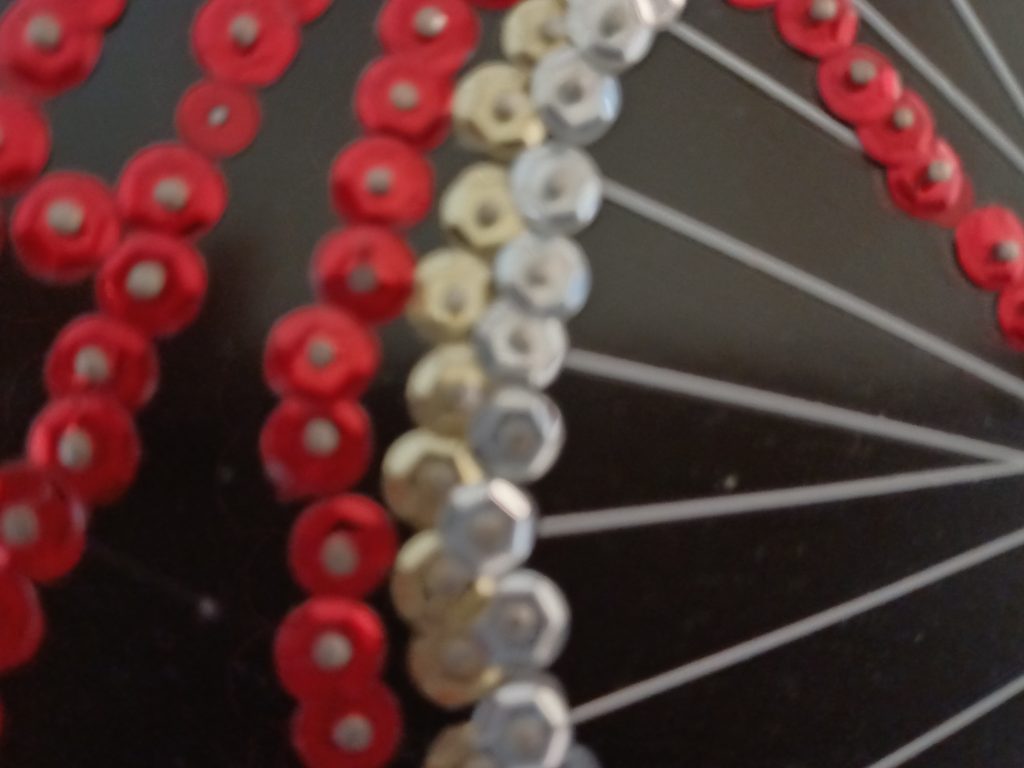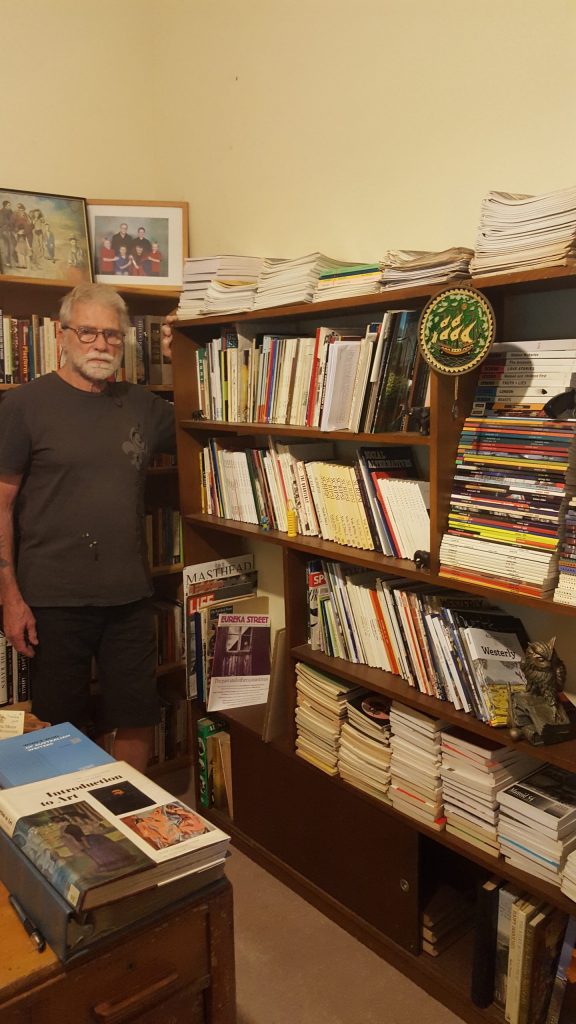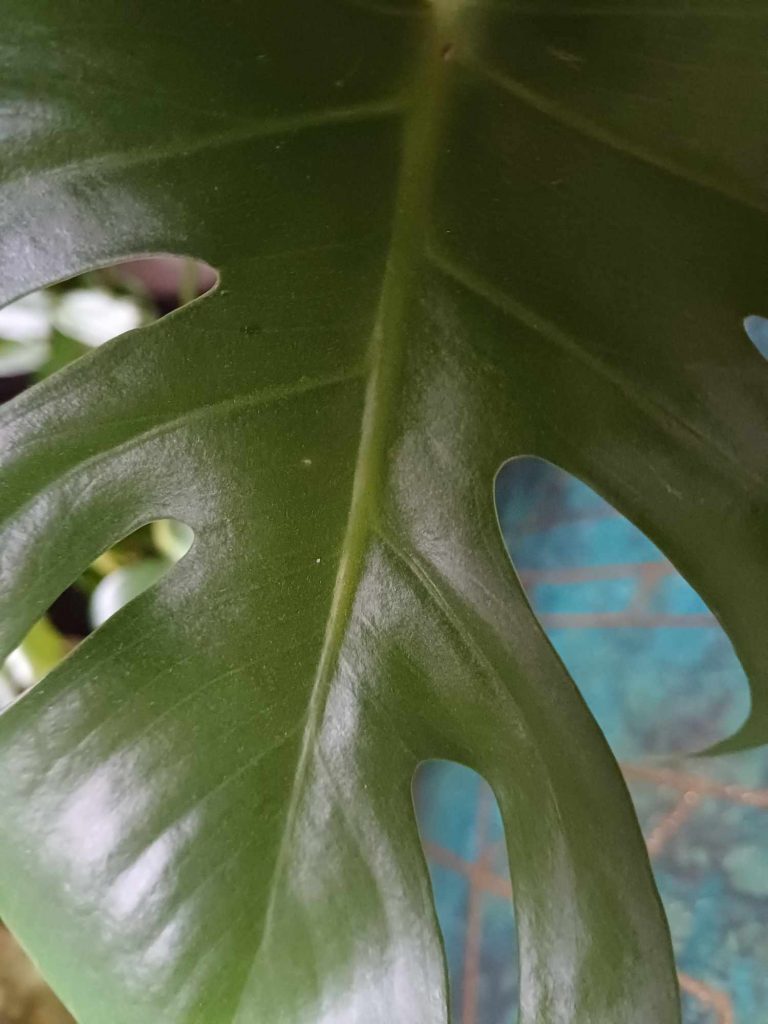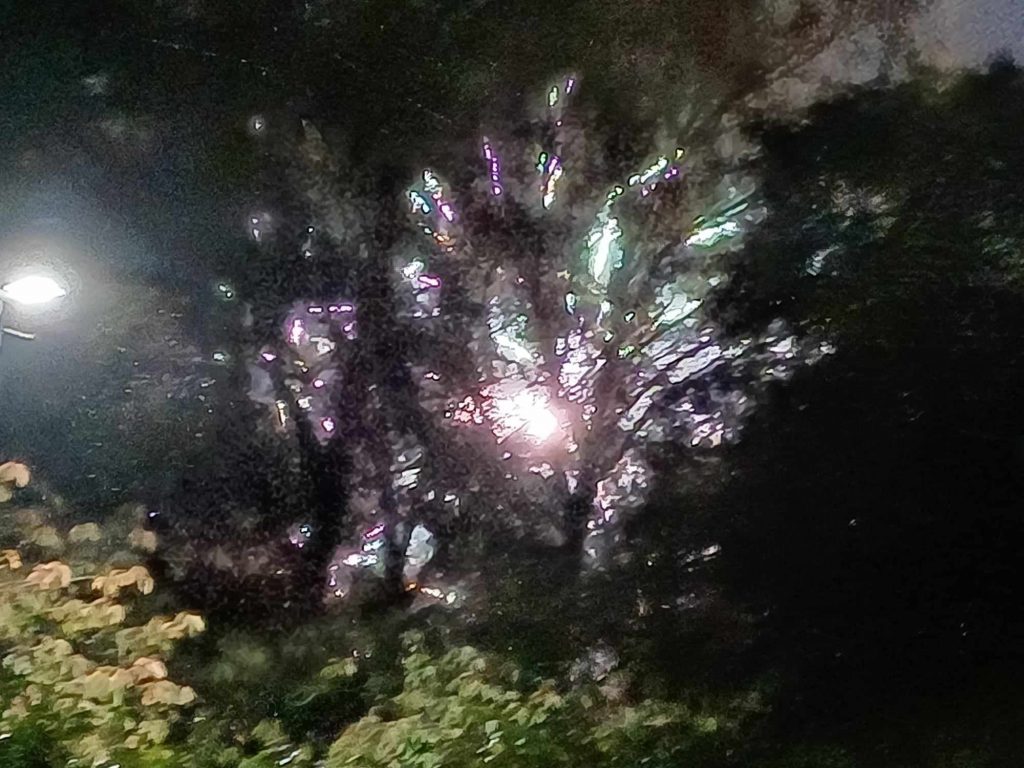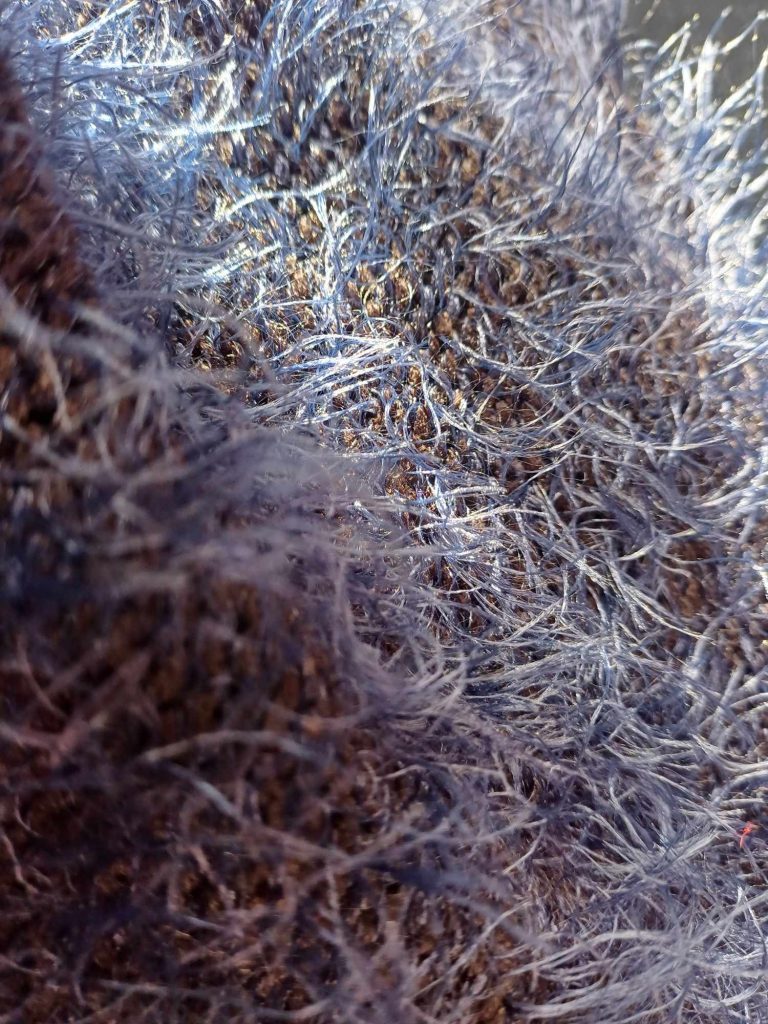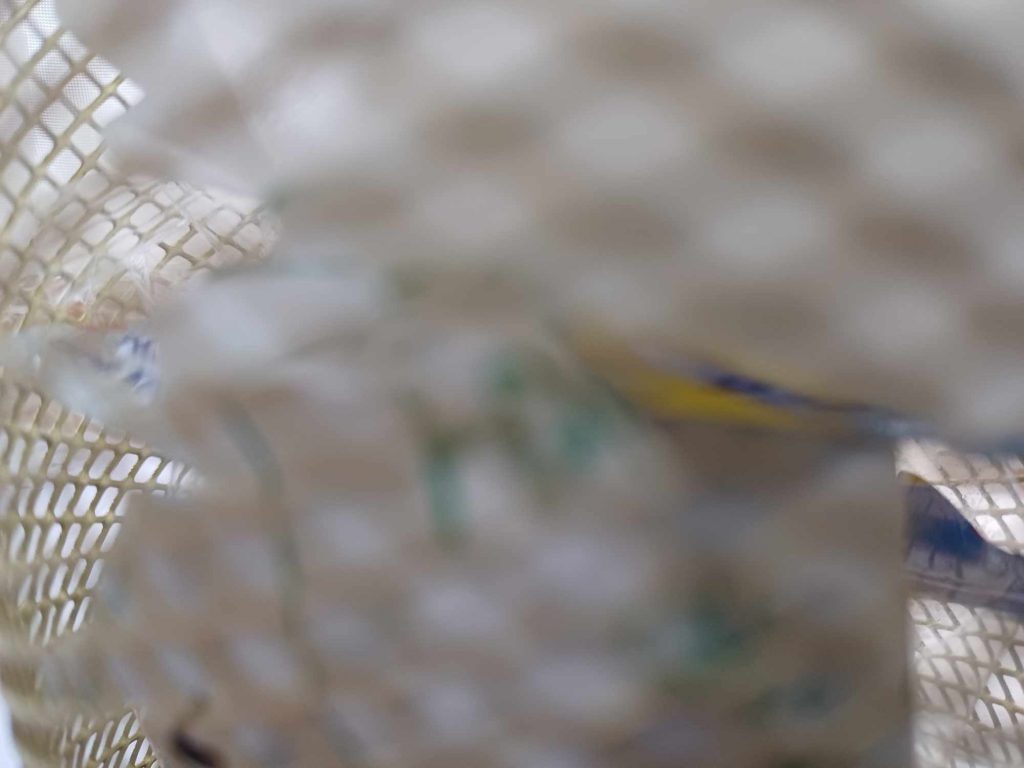
‘Any sauce, sir?’ asks the ice-cream man.
Marlon shakes his head. He takes his ice-cream neat. All his dessert buddies know that!
Tub in hand, he spoons the mint choc chip into his mouth. Smacking his lips, he says to me, ‘Not bad, but I’ve had better. Remember that place in Frisco, back in ’54? Down on the waterfront. Damn, that was the best; a fine balance of liqueur crème de menthe and California cream.’
‘Spearmint, not peppermint,’ I say.
‘Correct, Doc. They had it just right.’
Finishing his first serving, he’s already ordering seconds.
‘Hey, fella! Two birthday cakes for me and my partner. And please, make ‘em doubles.’
‘Coming up, sir! Wafers too?’
‘No, thank you. Say, are you new here? I ain’t seen you around before.’
‘Yes, sir. I started a week ago.’
‘What’s your name?’
‘Romeo Ricci.’
‘Really? Sounds Italian. Is it Italian?’
‘I’m not sure, sir. I’m from Boise, Idaho.’
‘Well, you should know, Romeo Ricci from Boise, Idaho. All men need to be acquainted with the blood that runs in their veins. Here, get yourself an ice-cream, young fella. It’s on me.’
‘Why, thank you, sir. I’ll have a pistachio, if you don’t mind.’
‘I don’t mind at all, but I had you down for a tutti fruitti.’
‘To your health, sir!’
‘And yours.’
Marlon begins on the hard stuff: Neapolitan, rum raisin, and a pumpkin-watermelon twist.
I try my upmost to keep up, but the raspberry ripple leaves me reeling.
‘Think I need the men’s room, Marlon. I may be some time.’
‘That’s okay, Doc. I’ll partake in a triple cookies and cream. That’ll keep me good company ‘til you get back.’
When I return, fifteen minutes later, Marlon has moved on to a maple and oyster special. His eyes are bulging and there’s stains on his jacket. I pass him a napkin to wipe his chin.
‘You’re a wild one,’ I say.
Marlon smiles. ‘Romeo made me an offer I couldn’t refuse. I’ve never had oyster ice-cream before.’
‘Any good?’
‘Stick to the bacon and banana, Doc. That’s my advice.’
Bud suddenly appears.
‘Hey, Bud, where the hell have you been?’ asks Marlon.
‘Stopped for a quick one at Sugar & Sprinkles, down on 37th. One became two became three. Y’dig?’
‘Sugar & Sprinkles? I thought the parlour on 37th was named Creamy Confections. Owned by what’s-his-name, Guisseppe. That’s right, ain’t it, Doc?’
‘Yes. Guisseppe Gentile and his brother Gerardo.’
‘Well, it ain’t now. It’s called Sugar and Sprinkles and run by some Sicilian named Stefano Savellini.’
‘Well, damn me,’ says Marlon. ‘That’s a lot of alliteration for one ice-cream parlour! Anyhow, what was your poison, Bud?’
‘I had me a cake batter chaser.’
‘Chaser?’
‘Blue moon and then a bubblegum.’
‘You animal!’
‘Says you!’
Bud orders a round of butterscotch and is the first to wolf it down.
‘Ah, reminds me of Chicago in ’52. The Palmer House. Picked up a hot waitress called Katie in the Chin Chin Cream Club. Remember, Doc?’
‘Sure do. I spent the week with a German dancer named Gerda. You too, Marlon. You fell for that Irish singer. The redhead. Freckly face, long legs and swinging hips. That doll had it all. Was it Caitlin or Cliona?’
‘No idea, Doc. But I recall the Parmesan like it was yesterday. Never had ice-cream like it before or after. Correct me if I’m wrong, but it was flavoured with lemon zest, red fish eggs, chipolata infused olive oil, bitter artichoke and the finest Manzanilla sherry.’
‘No, you’re spot on, Marlon,’ Bud says. ‘And sprinkled with chive flowers.’
‘Heavenly blossom,’ says Marlon.
‘Say,’ says Bud. ‘I don’t know about you guys. But I’ve been over-indulging lately. I had my tailor let out my pants this afternoon. Too much of this creamy courage, I reckon. After tonight, I’m gonna abstain for a while. I don’t want to be no Jackie Gleeson.’
‘Or Raymond Burr,’ I say.
‘Oh c’mon, Bud,’ says Marlon. ‘Man up! Eat as much ice-cream as you damn well like. This is America. No one needs to be dieting in the land of milk and honey.’
‘But what about the work?’ asks Bud. ‘A guy needs to keep slim if he’s to get the parts, don’t he?’
‘Ah, you know the business,’ says Marlon. ‘Once a star always a star. You get fat, so what? You’ll get paid the same.’
‘Or more,’ I say. ‘Like Raymond Burr.’
‘Exactly, Doc, Exactly.’
An hour later, Marlon slumps over the counter.
‘You’re not looking too good,’ says Bud.
‘Like you got a mutiny down below,’ I say.
‘I’m fine,’ mumbles Marlon. ‘But maybe I shouldn’t have had that last butter brickle! It’s always the butter brickle that gets you in the end. Hey, Romeo!’
‘Yes, sir?’
‘I need one more for the road, but something unostentatious.’
‘Sir?’
‘Humble. Simple. Plain. Whaddya got?’
‘Just French vanilla, sir. You’ve tasted every other flavour.’
‘He hath eaten me out of house and home; he hath put all my substance into that fat belly of his!’ says Bud.
Marlon says, ‘Spare me the Shakepeare, wise guy.’
‘Maybe you’ve had enough ice-cream for one night,’ I say. ‘Don’t forget, you’ve got a shoot in the morning.’
‘I’ll call a cab,’ says Bud.
‘Where to?’ asks Marlon.
‘I was thinking of Maria’s Cheesecake Pantry on 44th.’
‘Cheesecake? Now you’re talkin’! Let’s go, boys! Sayonara, Romeo!’
‘Have a pleasant evening, sir.’
John Caulton is the editor of the website Flash Fiction North.
